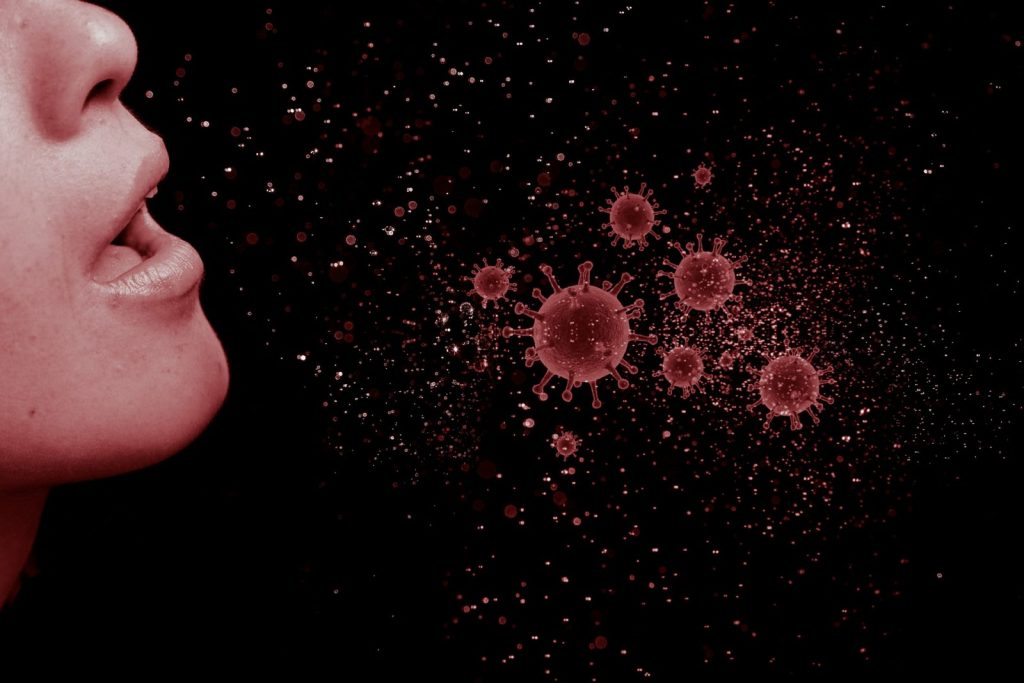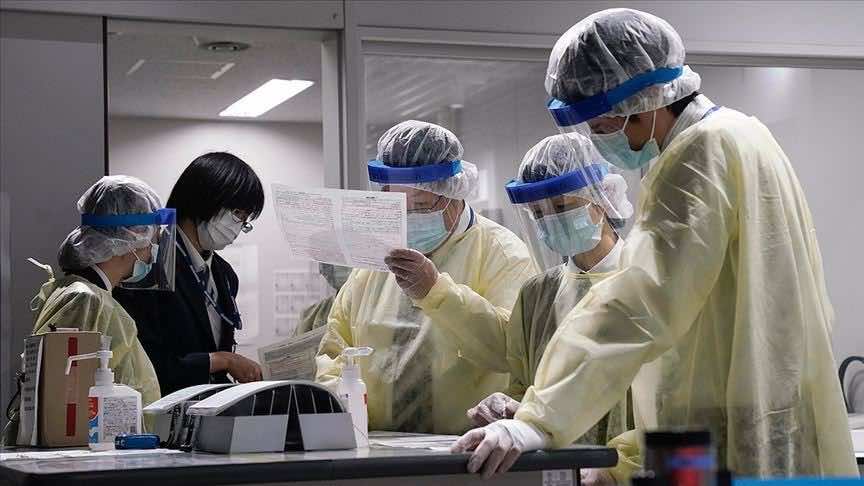As more and more research is being done on the coronavirus to help cull the pandemic as quickly as possible, scientists keep on coming up with more efficient and less invasive ways to cure the virus. Vaccinating the whole world via injection is a very daring task but what if you didn’t need to do that? What if you just inhale a cloud of vapor and you’re cured?
Well, this notion seems possible as scientists have now started developing a nanobody-based substance that can be inhaled and can cure coronavirus with even low doses. This new technique is called the Pittsburgh inhalable Nanobody 21 or PiN-21. If the vapor works as well as it does on Syrian hamsters, it could offer an affordable and needle-free alternative to getting vaccinated.

The research is being led by Sham Nambulli who with his colleagues developed the new PiN-21 method. It makes use of single-domain antibody fragments, which are inexpensive to produce when compared with the vaccines used right now. To test the nanobody vapor, hamsters were first infected with the coronavirus before being administered a 0.6 milligram per kilogram dose of the PiN-21.
The vapor was inserted into their nasal cavities. results showed that the treatment was able to stop the hamsters from losing any weight and was able to destroy the virus after just 10 days. They even discovered that you only need to inhale the substance and no injections were needed.

This led the researchers to see if they could mimic the results if the dose of PiN-21 was vaporized. They vaporized a 0.2 milligram per kilogram dose of PiN-21 nanobodies via a nebulizer and introduced an infected hamster to it. Results showed that the viral lung tissue was reduced by an order of 6 after exposure to the aerosolized dose.
According to the authors, “We envision that PiN-21 aerosolization treatment could provide both a convenient and cost-effective solution to alleviate disease onset and reduce virus transmission, especially for mild COVID-19 patients who constitute major populations of infections”.
Tests have to be performed on human subjects and researchers have to test non-human primates before even thinking of human trials but still, the study shows promise. A whole city could be vaccinated in a matter of hours.


